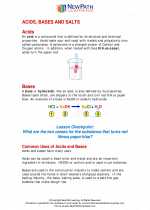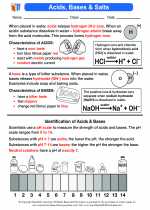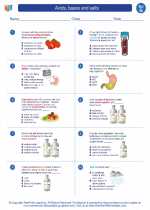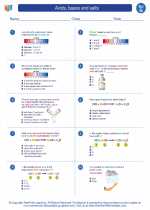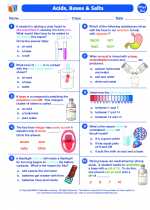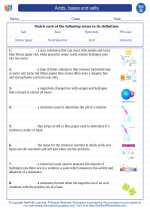Boiling
Boiling is the process in which a liquid turns into vapor when it is heated to its boiling point. This occurs when the vapor pressure of the liquid equals the atmospheric pressure. The boiling point of a substance is the temperature at which the vapor pressure of the liquid is equal to the external pressure acting on the surface of the liquid. This is a key concept in the study of phase changes and is important in various scientific and everyday applications.
Key Concepts:
- Boiling Point: The temperature at which a liquid turns into vapor at a given pressure.
- Vapor Pressure: The pressure exerted by a vapor in thermodynamic equilibrium with its condensed phases at a given temperature in a closed system.
- Atmospheric Pressure: The pressure exerted by the weight of the atmosphere.
- Phase Change: The transition of a substance from one state of matter to another, such as from a liquid to a gas during boiling.
Study Guide:
To better understand the concept of boiling, it is important to review the following topics:
- States of Matter: Familiarize yourself with the properties of solids, liquids, and gases, and how substances transition between these states.
- Temperature and Heat: Understand the relationship between temperature and heat energy, and how this affects the behavior of substances during phase changes.
- Vapor Pressure: Learn about vapor pressure and how it relates to the evaporation and boiling of liquids.
- Boiling Point Elevation and Freezing Point Depression: Explore the factors that can affect the boiling point of a substance, such as the presence of solutes in a solution.
By mastering these concepts, you can gain a comprehensive understanding of boiling and its significance in the field of science.
Hope this helps! Let me know if you need further explanation.
.